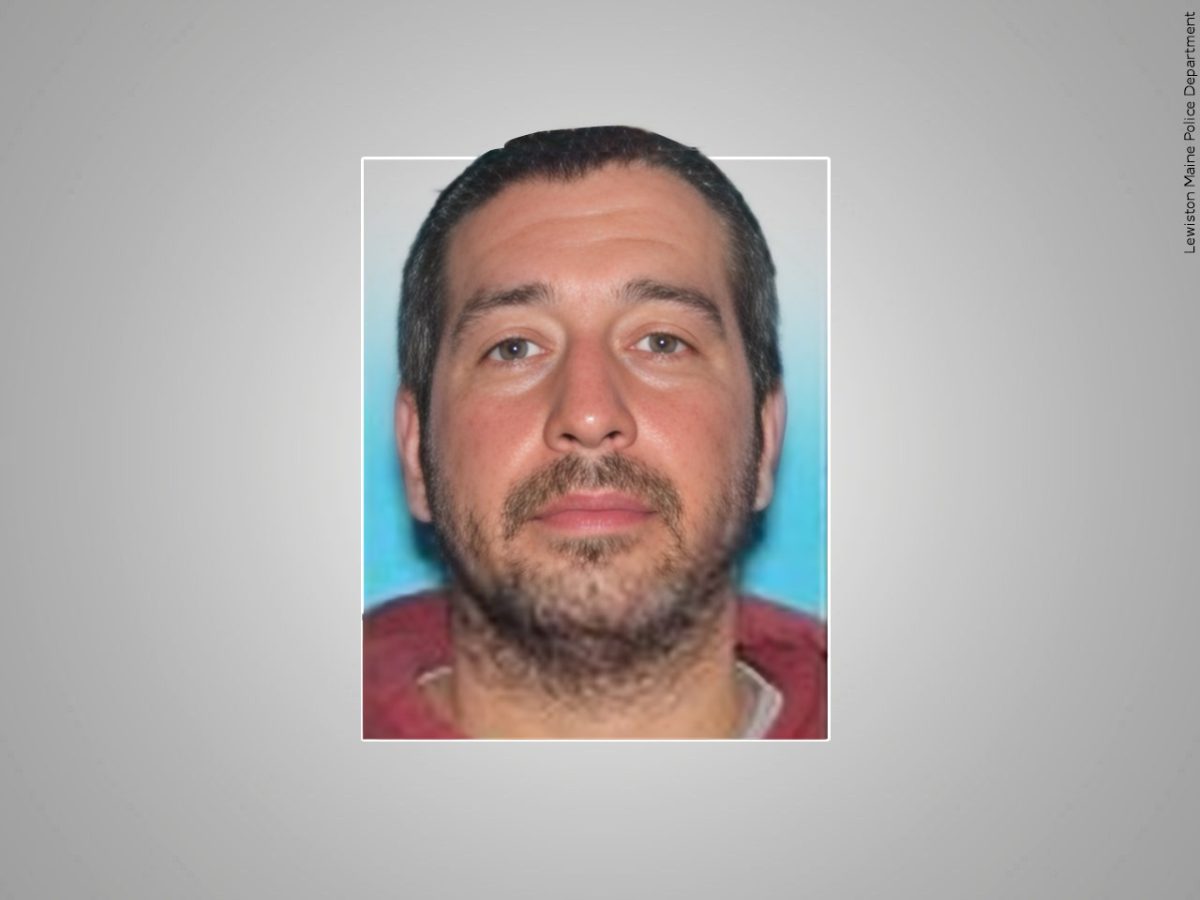Robert Card, a 40-year-old Army reservist, killed 18 people and injured 13 with a firearm in Lewiston, Maine, on Oct. 25. He was found dead in Lisbon, Maine, about eight miles southwest of Lewiston, two days after the shootings.
The shootings started at Just-In-Time Recreation, a bowling alley, around 6:54 p.m. Four plainclothes officers at a nearby gun range heard the shots and went to help. The first calls to the local police station came in at 6:56 p.m., and uniformed officers arrived about three minutes later. Seven people were killed at the bowling alley.
Card then went about four and a half miles south to Schemengees Bar & Grille, where he opened fire around 7:08 p.m. Officers arrived about five minutes later. The shooting in this location left 11 dead.
The victims in both locations ranged from 14 years old to 76 years old, and after the shootings, there was a shelter-in-place order. Schools were placed on lockdown, and the next day, schools closed.
After this, Card went into hiding, and the authorities started a land and water search. The FBI, DEA, ATF, Homeland Security and the Coast Guard joined together to search for Card. They eventually found his body at a recycling plant where he used to work with a self-inflicted wound on Oct. 27. The authorities found more than three guns located near Cards’s body.
Card had a history of issues with mental illness, with the first report being in May 2023 by his ex-wife, Cara Lamb. She mentioned Card having auditory hallucinations after getting hearing aids in February 2023 to a Sagadahoc Sheriff’s deputy.
One of the theories authorities have about what pushed Card to commit these acts was that he got broken up with earlier this year, and the woman he had been dating had two children. When he was in public, voices pushed him to believe people were watching him and thought he was a pedophile.
He believed that both businesses were telling people he was a pedophile online. His fellow Army reservists commented that he also accused them of thinking he was a pedophile, among other threats, such as threatening to shoot up the base because of what the voices were telling him.
There is no evidence that Card was a pedophile, and his only previous crime was a misdemeanor for driving under the influence.
After pushing one of his fellow Army reservists, Seargent Hogsdon, because of what the voices were telling him, he was admitted to Four Winds Psychiatric Hospital in New York. He went in mid-July and returned home on Aug. 3.
After this, the Army determined him to be non-deployable and that he should not have access to firearms, especially since he was a good marksman.
This shooting occurred about six weeks after there was a welfare check on Card. The welfare check was requested after Hogsdon sent messages to Army Reserve training supervisor Kelvin Mote saying that he believed Card would do something bad.
“I believe he’s messed up in the head,” Hogsdon said. “I love him to death but I do not know how to help him and he refuses to get help or continue to get help.”
“And yes he still has all of his weapons,” Hogsdon said.
“I believe he’s going to snap and commit a mass shooting,” the last text reads.
Mote wrote a letter to the Sagadahoc Sheriff’s Department reporting that Card was hearing voices insulting him and calling him a pedophile. He detailed how Card spent time in a mental facility and had not tried to get any further help after being released.
Mote also mentioned how Card told Hogdson he had weapons and was going to shoot up a drill center in Saco, Maine, among other places.
“It feels like something that really should not have happened,” said Kiama Karanja, a senior biology major. “From what I know, the people in that man’s life knew he was dangerous and asked the police to do something about him, and the police refused, and now people are dead.”
Since there was no evidence that he was committed involuntarily, his right to purchase firearms was not made illegal.
“It feels like, structurally and personally, that we could have seen this coming,” Karanja said. “There were signs that were ignored. I guess I feel bad that so many people had to die over something that was absolutely not necessary.”
Officers later found a note with the password to his phone and his bank information in his home. The authorities deducted it may have been his version of a suicide note.
The victims were officially identified on Oct. 27, and their families and community are working towards healing.
Greene’s mother was in Maine when the shooting occurred.
“My mother was in Maine whenever this happened, and thank God, she was three hours away,” Greene said. “She was very distraught and sad that people could be so mentally ill after serving our country — to the point to where they become our country’s enemy.”
An opportunity has been presented for the families to work toward possible gun reform.
“It’s a time to get active,” Karanja said. “Like, you hate to put the onus on the people who have suffered to kind of, like, make a change, but every time, we see a leap of substantial change with this kind of event. It’s like the parents of Columbine, the parents of Sandy Hook. The people who are directly affected end up causing change because it’s not theoretical for them anymore.”


